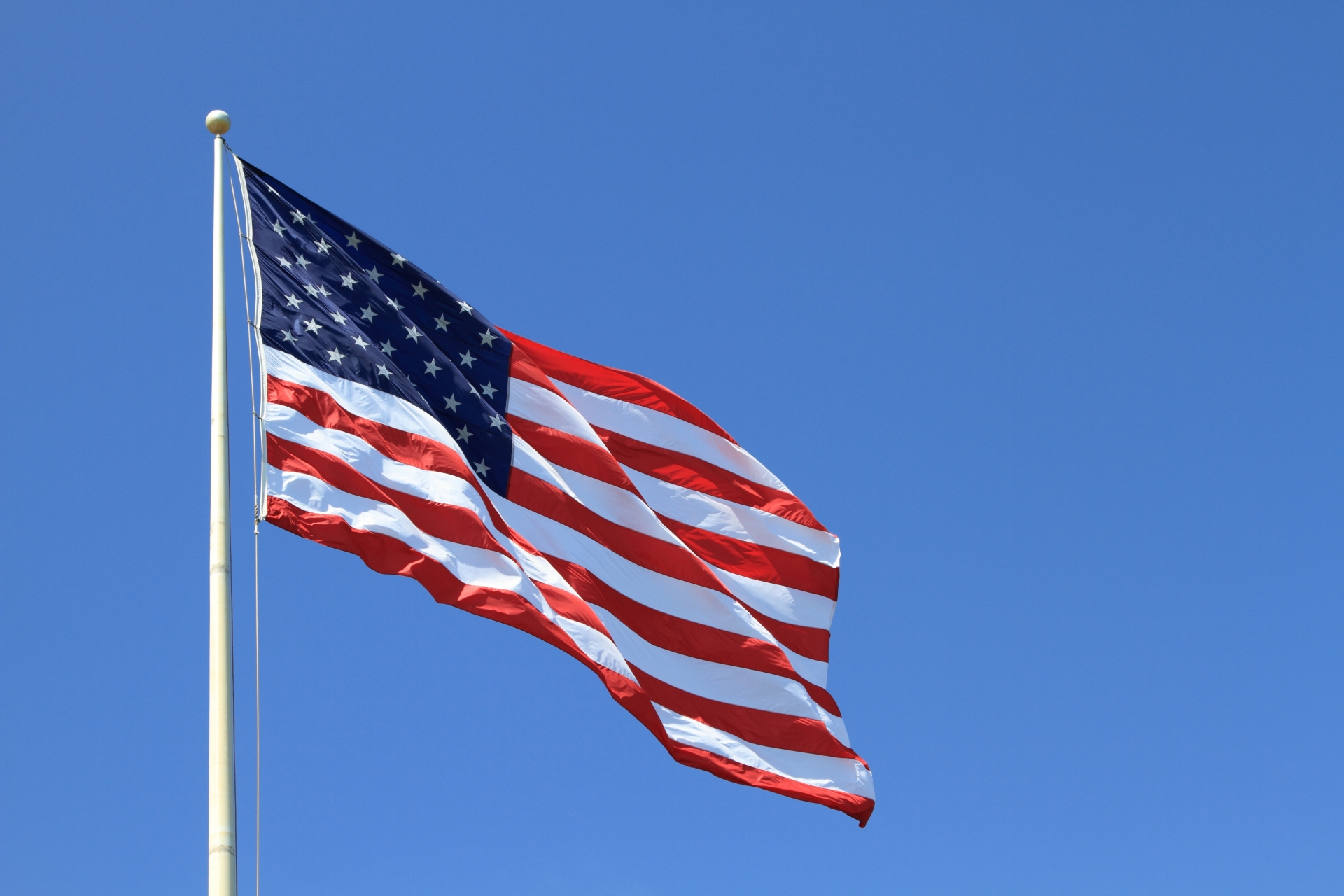A Detailed Explanation of the Causes of Heat, Countermeasures, and Cool Spots in Maine, USA
1. Causes of Heat in Maine
Maine is located on the Atlantic coast in the northeastern United States and is generally known for its cooler climate, but summers can sometimes get hot. The reasons are as follows:
- A Mix of Humid Continental and Maritime Climates
Inland areas are influenced by a continental climate, making temperatures more likely to rise in summer. On the other hand, coastal areas are somewhat cooled by the Atlantic Ocean. - Influence of Summer High Pressure Systems
Warm air flows in from the south during summer, sometimes raising temperatures close to 30°C (86°F). - Increase in Humidity
Especially along the coast, humidity rises, causing the weather to feel muggy. - Urban Heat Island Effect
In cities like Portland, heat is retained by buildings and paved surfaces, making it harder for temperatures to drop at night.
2. Heat Countermeasures
To stay comfortable during summer in Maine, consider the following:
- Use of Air Conditioning
While coastal areas often remain cool, inland and urban areas may have days when air conditioning is necessary. - Sun Protection
Use sunglasses, hats, and sunscreen to block direct sunlight. - Hydration
Drink water frequently to prevent dehydration and heatstroke. - Adjust Outdoor Activity Times
Avoid the hot afternoon hours by going outside in the cooler morning or evening. - Indoor Sunlight Blocking
Use curtains or blinds to block direct sunlight and prevent indoor temperatures from rising.
3. Cool Spots
Maine is rich in nature and has many cool places to enjoy:
- Coastal Areas (especially around Casco Bay)
The sea breeze keeps the area cool, making it relatively comfortable even in summer. - Acadia National Park
A beautiful natural area where mountains meet the sea; higher elevations are cooler. - Inland Lakes and Wetlands
Areas near lakes cool down easily due to evaporation. - Northern Forested Areas
Higher elevation and forest cover contribute to cooler temperatures.



コメント